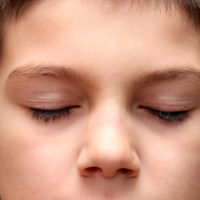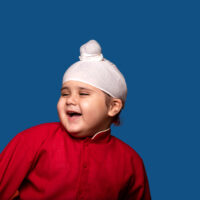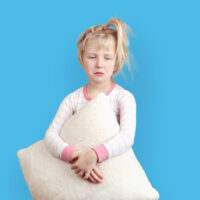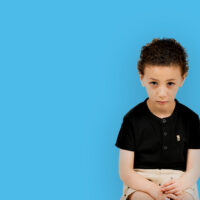depression
-

Self-Perceptual Bias and Internalizing Symptoms: Implications for ADHD
Attention-Deficit/Hyperactivity Disorder (ADHD) is a common childhood neurodevelopmental disorder, affecting 5 – 7% of school-aged children.1 Given that many children with ADHD experience difficulty paying attention and managing impulsive behaviors, it is not surprising that children with ADHD often struggle with basic tasks, such as schoolwork, daily routines, and social interactions.
Read more -

Mindfulness-based interventions improve depression and anxiety outcomes in youths
In 2019, Darren Dunning and colleagues compiled a Research Review for the Journal of Child Psychology and Psychiatry in which they evaluated, for the first time, the efficacy of MBIs on cognition and mental health in adolescents <18 years-of-age.
Read more -

Most Cited JCPP Articles #2 of 60
Most cited JCPP papers #2 of 60: Twenty years’ research on peer victimization and psychosocial maladjustment: A meta-analytic review of cross-sectional studies
Read more -

Most Cited JCPP Articles #9 of 60
Most cited JCPP papers #9 of 60: Antenatal maternal stress and long-term effects on child neurodevelopment: how and why?
Read more -

Cognitive training
An introduction to cognitive training approaches, including working memory training, Cognitive Bias Modification (CBM) and Attentional Bias Modification Treatment (ABMT).
Read more -

Depression
Depression is common in children and young people, particularly in adolescence and among girls. On average, an episode of depression lasts for about eight months and often occurs alongside non-depressive conditions such as ADHD.
Read more -

School-based interventions
Children and young people spend a great deal of time at school, so it has an important role to play in their development. Time spent in school impacts not just on academic and cognitive progress, but also on social interactions, peer relationships, emotional regulation and behaviour. All these areas affect, and are affected by, mental health (Fazel et al, 2014).
Read more -

Sleep
Children and adolescents who are experiencing difficulties with their mental health also often struggle with their sleep. Indeed disrupted or altered sleep has been associated with most psychiatric disorders (Gregory & Sadeh, 2016). Although a range of sleep difficulties can co-occur with mental health problems, a common difficulty is insomnia. As such this guidance will primarily focus on difficulties with getting to sleep and staying asleep.
Read more -

Tourette Syndrome
Tourette Syndrome (TS) is a neurological condition that is estimated to effect over 300,000 children and adults in the UK; and one school child in every hundred.
Read more -
